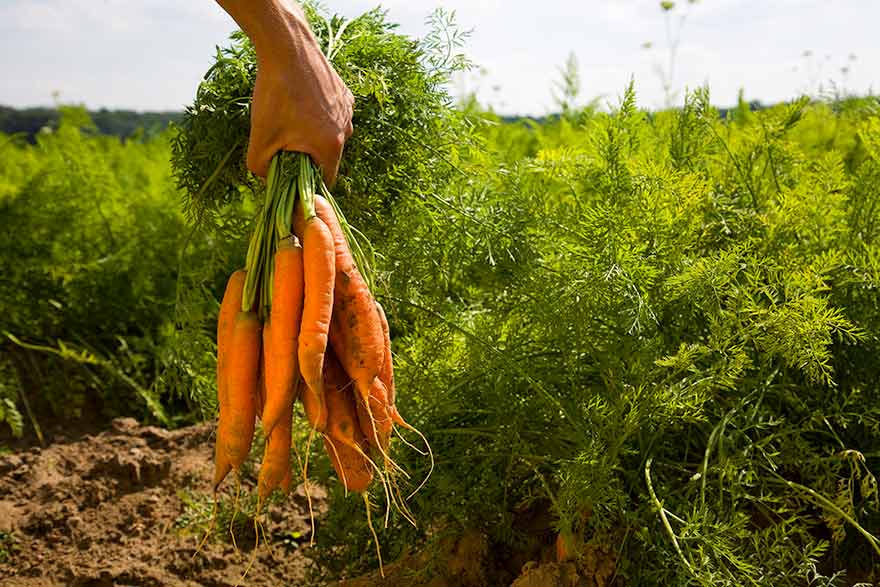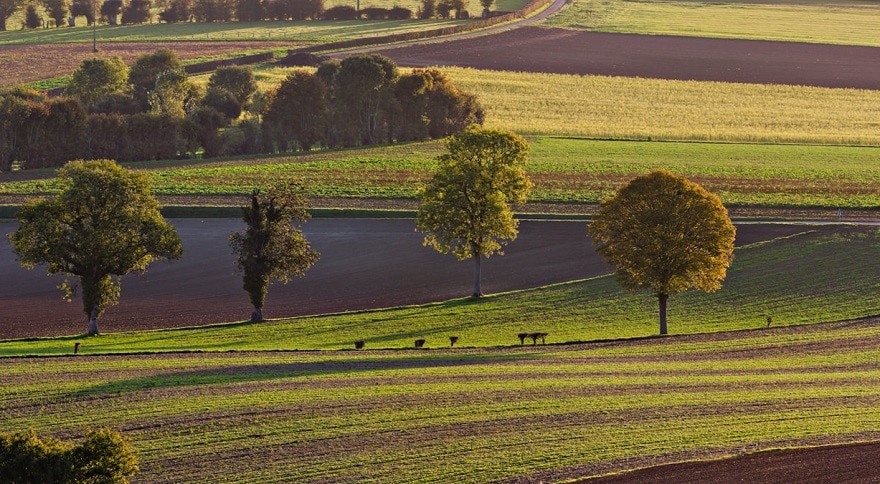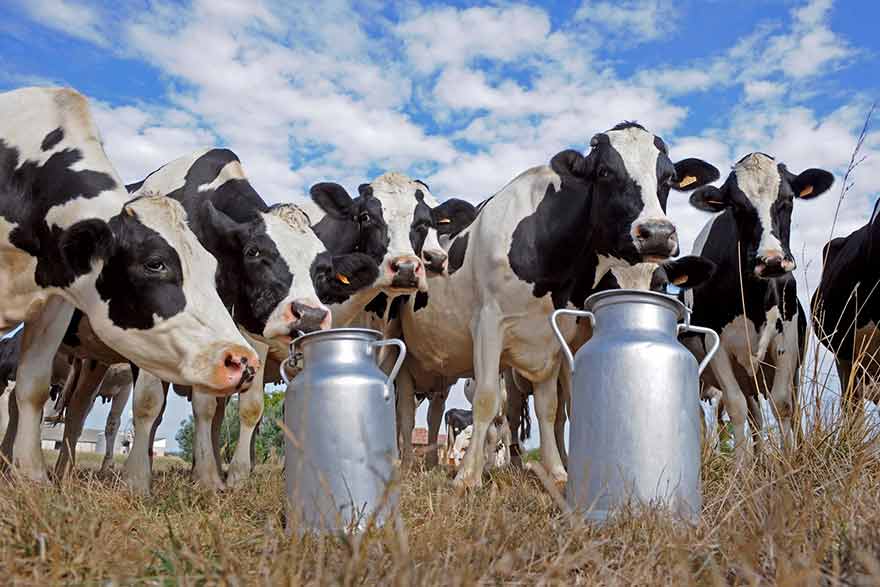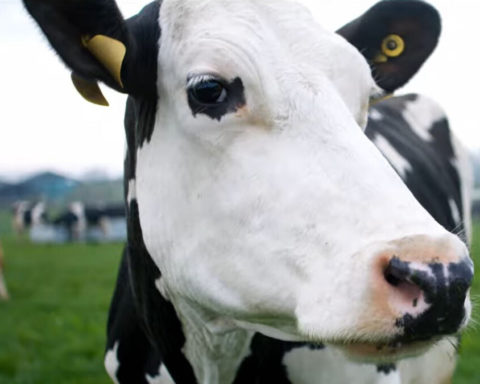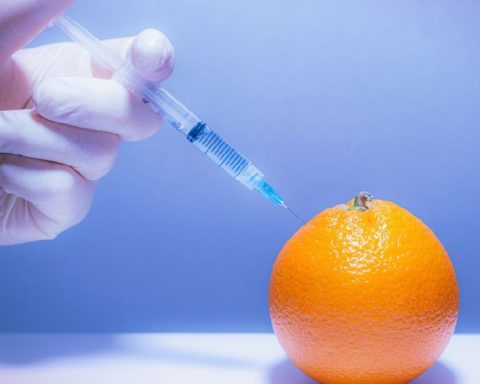Adopting new models

A brutal realization
READ UP : Bacteria are becoming increasingly tough and resistant to antibiotics.
Organic, an answer to the crisis?
READ UP : INRA: 10 issues that will revolutionize agriculture and Organic agriculture: robots to put an end to herbicides?
The question of performance will no longer be an issue

Profitability is not a decoy

To live better

UPDATE IN UP' [Mar 1, 2016] : In Normandy, farmers are rushing towards organic farming.


